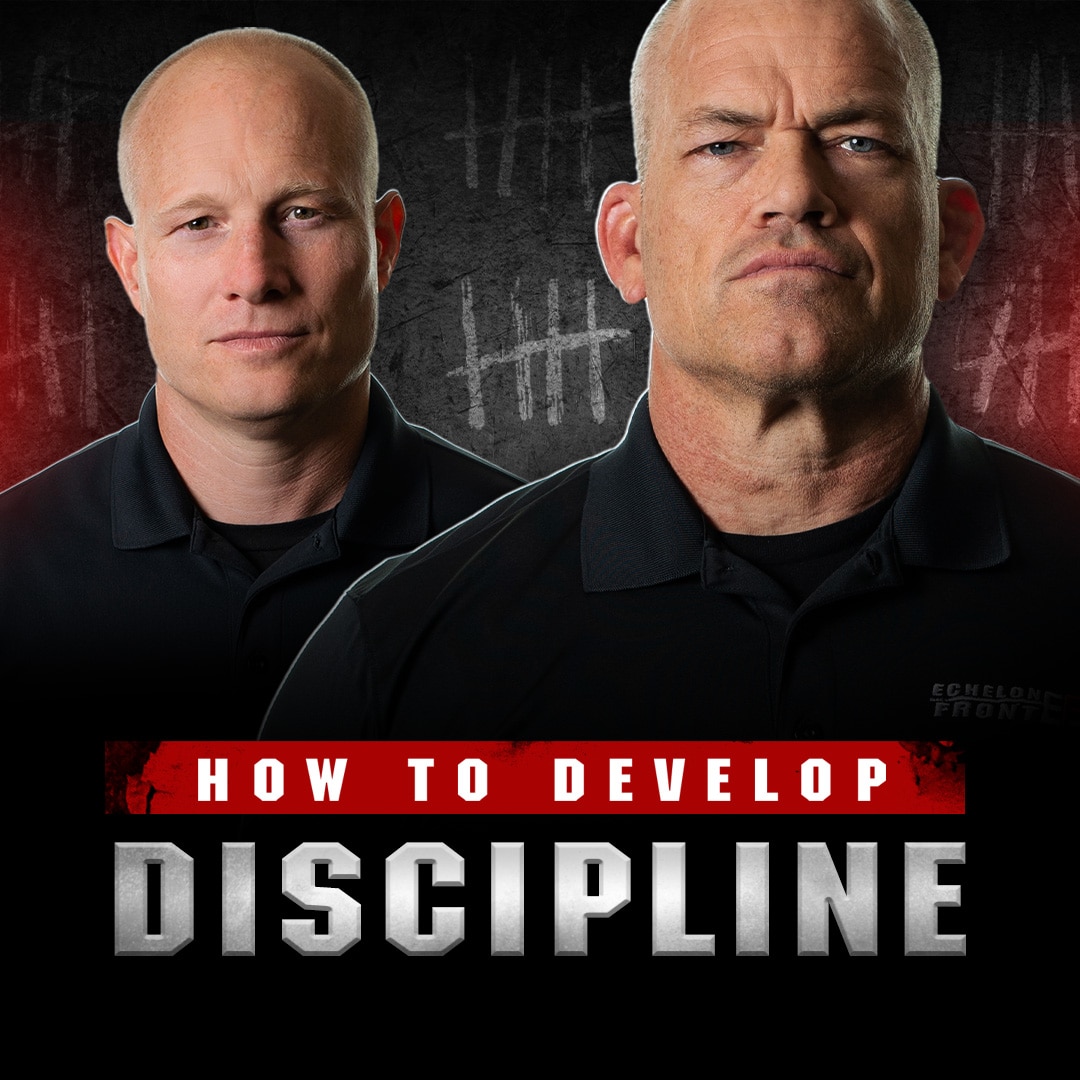In the quest for personal and professional achievement, why self-discipline is important stands out as a key factor. Self-discipline, the ability to control and motivate oneself, stay on track, and pursue what is beneficial despite challenges, is a fundamental skill in achieving any form of success. When we think about good self-discipline we’re looking inward at our behaviors, what do I need to get done to achieve the outcome I’m trying to attain long term. Health, more free time with loved ones, educating ourselves, and financial freedom. Every aspect of what we do requires good self-discipline to fulfill those things. A person with good self-discipline has specific goals outlined, and they take good, consistent action towards achieving those goals. Oftentimes, the initial step forward in the action process can be the most challenging aspect. Good self-discipline allows you to take that initial step, getting out of bed when you’re tired, working out when you don’t feel like it, not eating that piece of cake and ice cream for dessert, and keeping your inner thoughts to yourself during a conversation that is escalating. If you’re disciplined in every aspect of your life, you will be more successful and fulfilled.
Why is Self-Discipline Important – It’s the Foundation of Goal Achievement
At its core, why self-discipline is important is deeply connected to goal achievement. It provides the steadfastness needed to pursue goals with consistency and persistence, even in the face of distractions and obstacles. When we encounter an obstacle, someone with good self-discipline will recognize what is transpiring and develop a plan to maneuver through this obstacle to achieve their goal. Good self-discipline allows us to tackle difficult situations by understanding what needs to get done and having the discipline to do it. Oftentimes, this means we have to jockey priorities in order to navigate the current obstacle and tackle the objective in front of us. It also means we need to re-communicate to our team what the new priorities are, which can often lead to some friction points with our teams. If we don’t stay disciplined with our communication, then our teams won’t understand why things have adjusted and will have a feeling of being left in the dark.
Enhancing Focus and Productivity
Self-discipline enhances focus and productivity. By maintaining discipline, individuals can avoid distractions and stay focused on their objectives, leading to higher productivity and efficiency in their work and home life. Someone with good self-discipline will understand their performance and behaviors. This allows the person to engage during the ideal time of the day. Some people are early risers, and some are night owls. Understanding our strengths will help that person carve in time to tackle projects at their peak performance. I’m a morning person, and if I have a project I’m doing, I carve time out early in the morning to start knocking this out. Those one to two hours of alone time before the world wakes up can be equivalent to four or five hours of time spent at work during normal business hours when there are interruptions of calls, emails, or personnel issues. By recognizing our own strengths and weaknesses, we can stay disciplined to perform during our peak performance and jockey smaller tasks to the hours that our brains are winding down. This helps us stay balanced throughout the months and years.
Why Self-Discipline is Important in Personal Development
Why self-discipline is important also comes from its crucial role in personal development. It helps individuals develop good habits, overcome bad habits, and maintain a growth mindset. Someone with good self-discipline recognizes their strengths and weaknesses, which will allow them to educate themselves to become better. If you’re becoming better by shoring up the weaknesses you have, that will drive more value and impact with both your family and work team.
Building Positive Habits
Consistent self-discipline helps in building and maintaining positive habits that are conducive to personal growth. When we think of habits, we often think of our lifestyle. What kind of habits are we instilling that have a positive impact on our lives? Discipline with our eating, discipline with our workout routines, discipline with how we communicate (expressing ourselves in a way that doesn’t create discord or friction while still being honest and sincere) – these are all examples of positive habits. The better self-discipline we have, the healthier our lifestyles will be. A person can develop good self-discipline! Look at a person who has challenges with food and is obese, when they decide to make a change and implement good self-discipline, they take action and steps towards leading a healthy lifestyle. The person who takes action and stays disciplined, loses the weight they set out to lose, and by living a disciplined lifestyle, they stay healthy for a long period of time. How do they do this? Incremental steps, small steps moving in the direction of your strategic goal, minutes-hours-days-months-years of discipline lead people to attain their long-term goals.
Self-Discipline in Professional Settings
Having self-discipline in a professional setting allows individuals to meet deadlines, handle responsibilities effectively, and contribute to team and organizational goals. Someone with good self-discipline will add value to the team and organization.
Coping with Failure
Understanding why self-discipline is important includes recognizing its role in coping with failure. Disciplined individuals are better equipped to learn from failures and use them as stepping stones toward success. Good self-discipline will allow a person to properly analyze the situation to identify the root cause and develop a good solution.
Self-Discipline and Emotional Intelligence
Self-discipline is closely linked to emotional intelligence. It involves managing one’s emotions, which is crucial for making sound decisions, maintaining relationships, and navigating complex social settings. A person with good self-discipline will recognize when their own emotional red flags are starting to arise. A person staying disciplined in this type of situation will properly think through the situation and have enough self-discipline and situational awareness to not let those emotions impact a conversation in a negative manner. They will channel their inner thoughts and instead take the “High Ground.”
Conclusion
In summary, self-discipline acts as a solid foundation for achieving goals, personal development, professional success, and overcoming life’s challenges. Self-discipline fosters focus, resilience, balance, and long-term satisfaction, making it an indispensable quality for anyone striving for success and living a fulfilled life.




